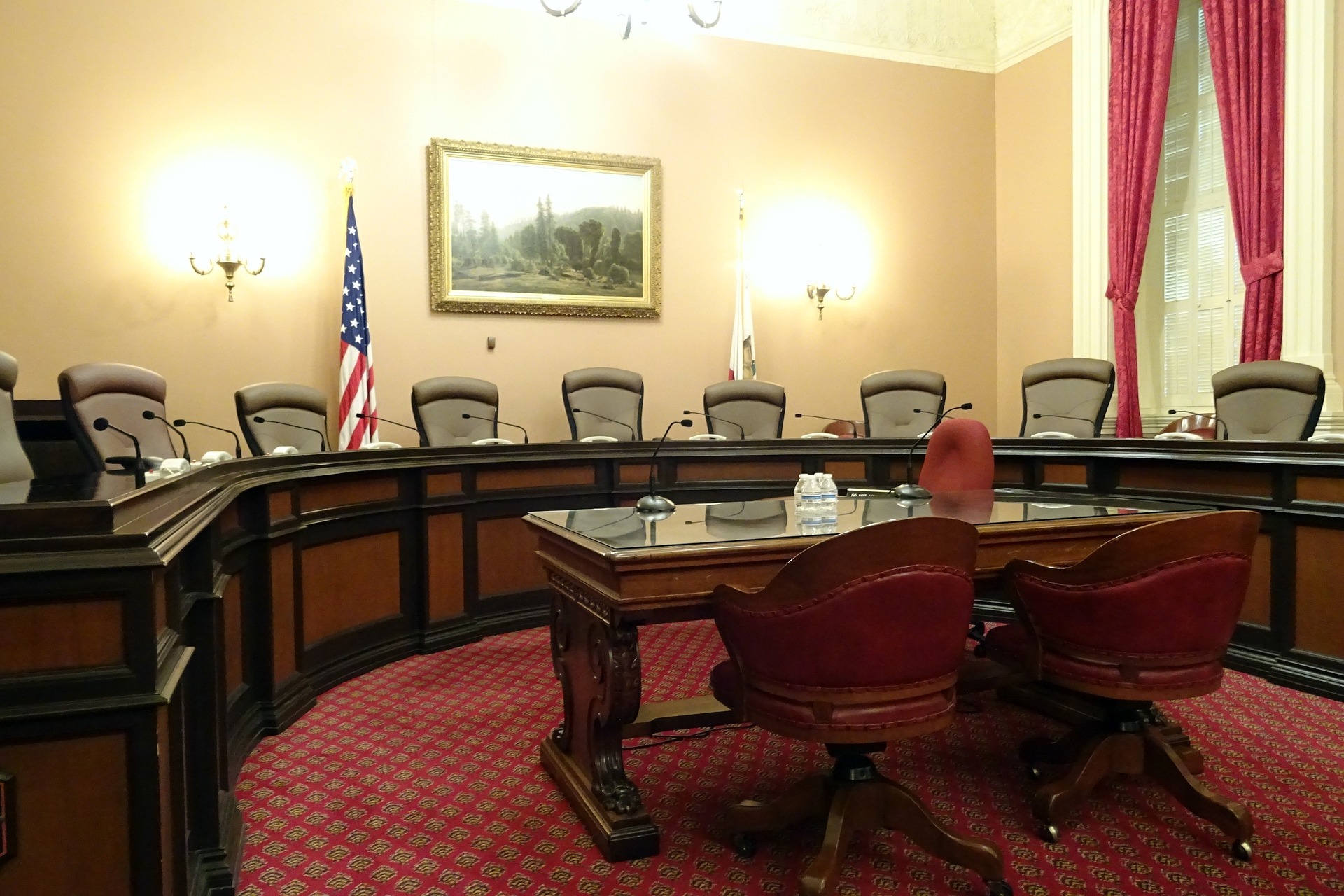Blog
Conventions According to Sun Tzu
How to win on the convention floor . . . before the delegation has been credentialed.
While Sun Tzu’s literary opus The Art of War is focused on military conflict, much of what he wrote applies equally well to other types of human conflict (occasionally using the term “conflict” rather loosely). Sun Tzu’s admonition, that a skilled commander will win the battle before the opposing armies ever meet, makes just as much sense in the boardroom or the sports arena as it does on the battlefield. Likewise, a skilled candidate or campaign whip will know how the vote is going to break before the convention is called to order (or the polls open, as the case may be). Populist insurgency candidates, if they actually want to win, would be wise to learn the strategies and tactics of the professional political establishment, and learn how to accomplish victory . . . before the delegation (or electorate) is ever credentialed.

Choose Your Seat at Party District Caucus Wisely
Random seating at the party district caucus can be compared to hunting in the dark with no bullets. Every seat in district caucus may assist in formation of binding and strategic alliances between the delegates who might not know one another. Understanding and forming a good battle strategy is as important as fighting the battle itself. When it comes to district caucus, choosing a seat is the strategy necessary to be mastered.
Depending on the situation, different strategies can be applied. In this article, we will concentrate on underdog strategies.

Continue to Choose Your Seat at Party District Caucus Wisely
The Lawyers Who Became Sheep at Party Conventions and Caucuses
Have you ever participated in a district caucus for one of the major parties as a delegate, guest or journalist? Have you attended the floor of a democratic or republican national convention(DNC or RNC)? If you are interested in politics, such event will be a profound experience for you.
The convention is glamorous, proceeding in a magical rhythm. The individuals conducting it have professional and knowledgeable appeal. Nevertheless, 10-20% of the floor consists of attorneys. In most cases, not everything at the convention is conducted according to the rules. Moreover, the replacement rules created to repress the original rules are not followed either. The most interesting part is; no one understands it.
Continue to Who Became Sheep at Party Conventions and Caucuses

One Taboo Clause In Conventions Run Under Robert’s Rules
When it comes to the order of business, conventions are typically mundane. State Party, District, or County conventions are required by law to be run using Robert’s Rules of Order.
Consequently, many conventions look exactly the same. Moreover, some conventions repeat the same agenda for over 20 years.
The requirement to use Robert’s Rules brings an inconvenience to Chairs who would rather just follow the script used by the previous Chair for several years in a row.
Two Questions about New Business
The biggest question related to the scripts relying on Robert’s Rules is the omission from the agenda of a clause titled “New Business”. This section is the essence of the meeting, yet it is almost never included in the discussion.
From the omission of the New Business clause, two questions arise.
First, why do convention scripts historically omit this section from the agenda?
Second, why do most parliamentarians refuse to add the clause, and ask that the provided agenda be adopted the way it is presented by the Chair, without the New Business section?

Not Every Vote Is Equal: The Role of an Influencer at a Convention
Attending a convention is an exciting venture, especially for the teams who worked extremely hard to put forward a winning candidate. Weeks or even months in advance, teams begin whipping the delegates and alternates as excel spreadsheets filled with information fly back and forth. Approaching the convention, long conference calls are completed along with color matching.
